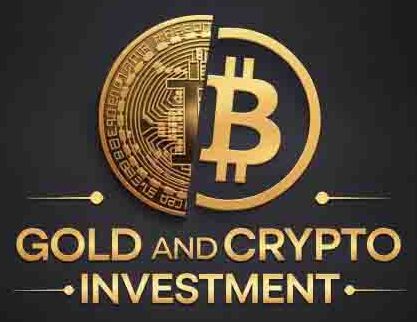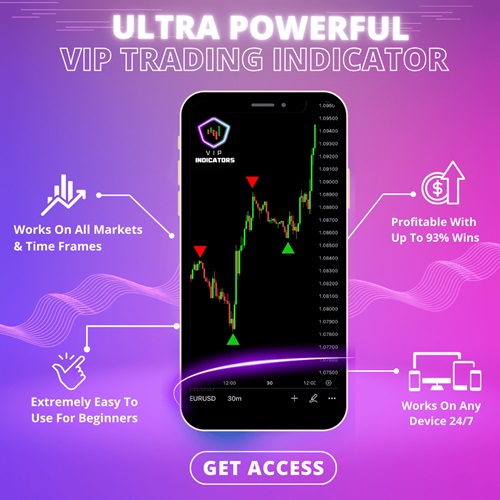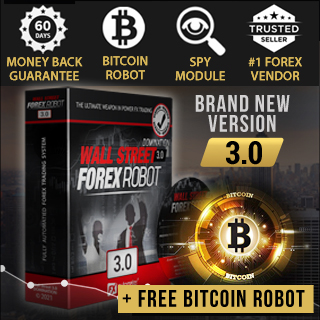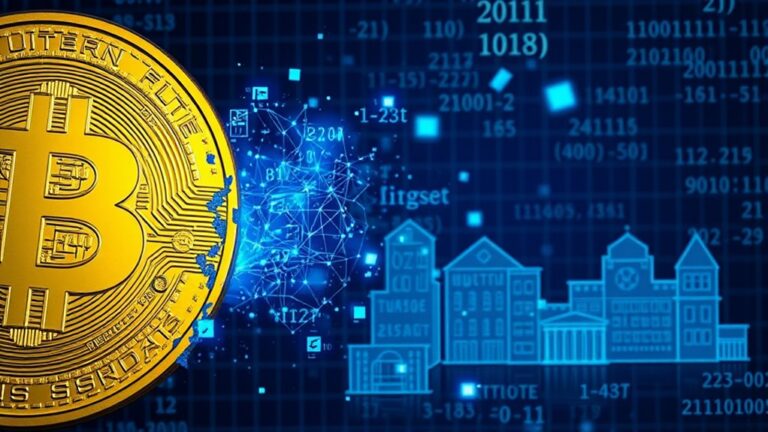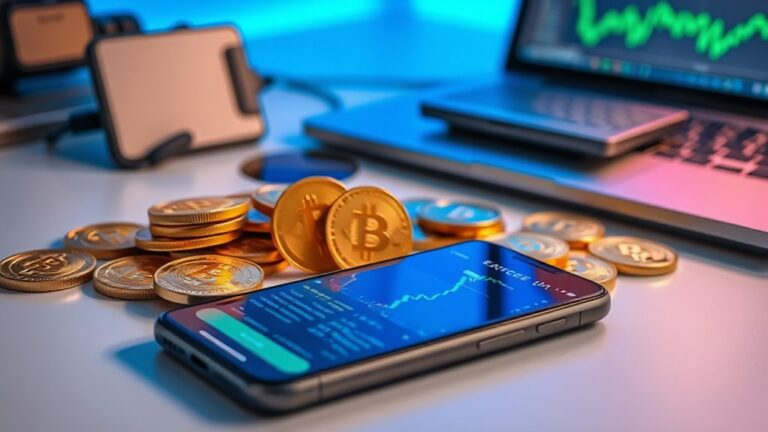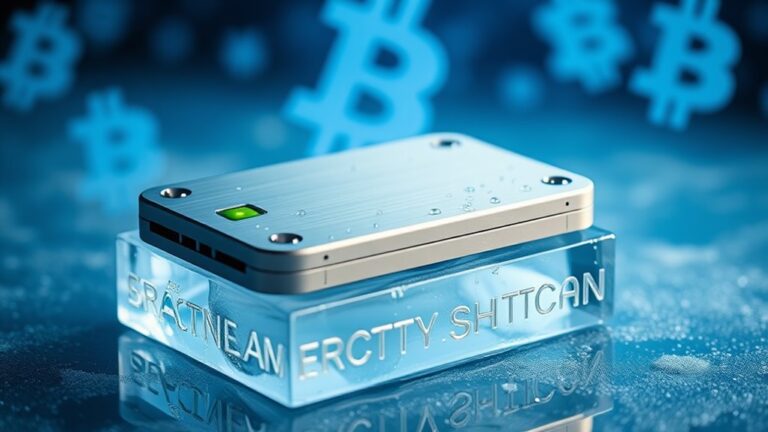Decentralized Exchanges: Future of Crypto?
Note: This post may contain affiliate links, and we may earn a commission (with No additional cost for you) if you purchase via our link. See our disclosure for more info. The gold and crypto world is constantly changing. This is not financial, investment, legal, or professional advice. So, please verify the information on the gold and cryptocurrency provider’s websites.
Decentralized exchanges (DEXs) are the game-changers in crypto trading. They let users trade directly, ditching those annoying intermediaries and snappy fees. With a smorgasbord of tokens and ERC-20 assets, the options are almost endless. Sure, there are challenges like regulatory headaches and market volatility, but hey, that's life. It's not about if DEXs will rule the future; it's how far they'll push the envelope. Curious about what's next? Stick around for more insights.

Decentralized exchanges, or DEXs, are shaking up the crypto world like a can of soda dropped on the floor. They're not just a fad; they're here to stay and making waves, big ones.
DEXs are revolutionizing crypto trading, creating a lasting impact and reshaping the financial landscape.
Take Uniswap, SushiSwap, and PancakeSwap. These platforms are racking up billions in daily trading volumes, pulling market share from their centralized counterparts. Why? Because they're offering financial inclusivity. People in emerging economies can now trade crypto without pesky banking intermediaries. Talk about leveling the playing field.
The beauty of DEXs lies in their lower transaction fees. Users only cough up network fees, unlike centralized exchanges that pile on hidden costs. And if you're into niche tokens or ERC-20 assets? You're in luck. DEXs have got you covered with a smorgasbord of options.
Post-2023, these exchanges saw a surge in trading volumes, thanks to spot Bitcoin ETF approvals and real-world asset tokenization. Scalability? Check. Layer 2 solutions like Optimistic Rollups are cutting fees while speeding up transactions. Decentralization is also a key factor as it enhances security, making DEXs less attractive to hackers while allowing users to retain control of their assets. Additionally, increased adoption of PoS consensus mechanisms is helping to address environmental sustainability concerns, making DEXs more appealing to eco-conscious traders. Cross-chain interoperability is all the rage, letting users swap assets between blockchains.
DEXs like dYdX are even mimicking the speed of CEXs while keeping custody decentralized. It's a brave new world for trading. Institutional players are waking up to the possibilities too. With deeper liquidity and reduced counterparty risk, they're getting involved.
Compliance tools are integrating, allowing real-time monitoring without sacrificing decentralization. Some DEXs are now expanding into the global remittance market, offering more accessible cross-border payments with significantly reduced fees compared to traditional methods. But it's not all sunshine and rainbows. Regulatory challenges loom large. DEXs need to navigate compliance frameworks while keeping their decentralized ethos intact. It's a tricky balancing act.
In the end, DEXs embody the future of crypto trading. They're transforming how people interact with digital assets, shaking off the old ways and pushing boundaries. The question isn't whether DEXs will thrive. It's how far they'll take us.
Frequently Asked Questions
What Are the Main Advantages of Decentralized Exchanges Over Centralized Ones?
Decentralized exchanges offer some serious perks over their centralized counterparts.
Users keep their private keys—no middlemen here, folks! That means less chance of hacking and more control. Plus, no KYC nonsense. Trade anonymously and avoid prying eyes.
Transaction fees? Lower. And good luck censoring those trades! They're like the rebels of the crypto world, empowering even the unbanked.
It's freedom, efficiency, and privacy rolled into one. Who wouldn't want that?
How Do Decentralized Exchanges Ensure User Privacy and Security?
Decentralized exchanges are all about keeping users safe and anonymous—no KYC nonsense here.
They use smart contracts, which means fewer middlemen and less chance for hackers to strike.
Layer 2 solutions? They help balance speed and security.
Plus, those public blockchains keep everything transparent; you can see the transactions, but good luck tracking anyone.
And let's not forget zero-knowledge proofs, making it possible to verify without spilling secrets.
Privacy and security? Check!
Can I Trade Any Cryptocurrency on Decentralized Exchanges?
Not every cryptocurrency is up for grabs on decentralized exchanges.
Sure, they boast thousands of altcoins, but a lot are still missing in action.
DEXs are great for niche tokens, but big names often stick to centralized exchanges.
It's a wild west of innovation, but don't expect to trade your favorite meme coin everywhere.
What Fees Are Typically Associated With Using Decentralized Exchanges?
Fees on decentralized exchanges? They usually hover between 0.1% and 0.5% per trade. Not too shabby compared to centralized exchanges, right?
But wait! Depending on the blockchain, gas fees can spike. Ethereum users often feel the pain when the network's busy.
On the flip side, Solana and BSC offer cheaper options. Plus, if liquidity's low, expect slippage to mess with your trades.
It's a wild ride, folks. Keep your eyes peeled!
How Do I Get Started With My First Decentralized Exchange Transaction?
To plunge into that first decentralized exchange transaction, one must first set up a non-custodial wallet. Think MetaMask or Trust Wallet.
Then, fund it with crypto—ETH for Ethereum, SOL for Solana. Get ready to pay those pesky transaction fees.
Connect the wallet to a DEX, maybe try out an aggregator like 1inch. And don't forget to verify your connection.
Simple, right? Just a few steps to the wild world of crypto trading!
